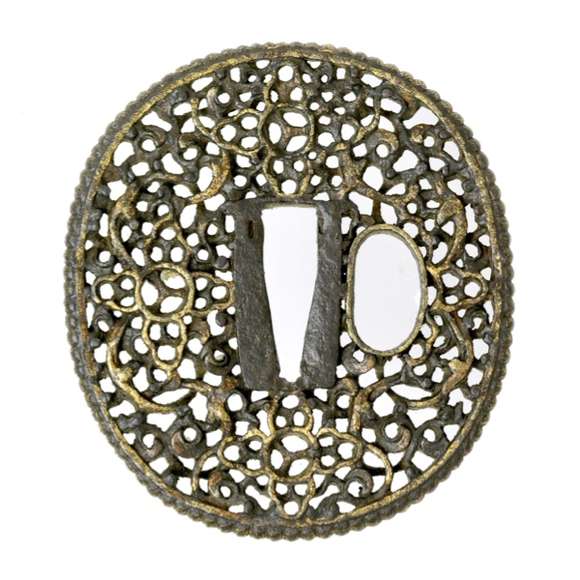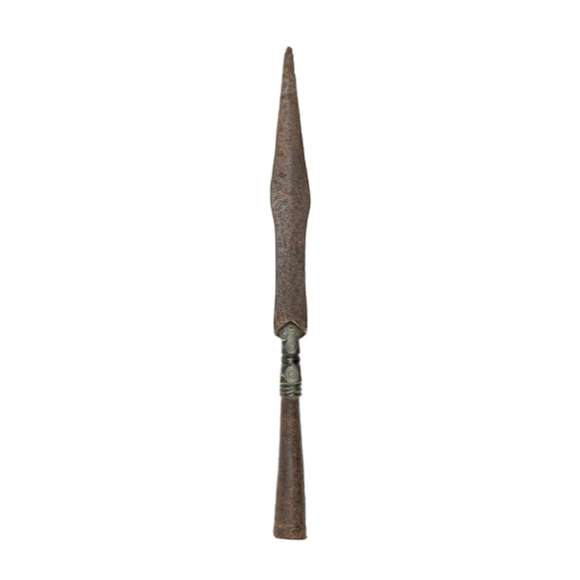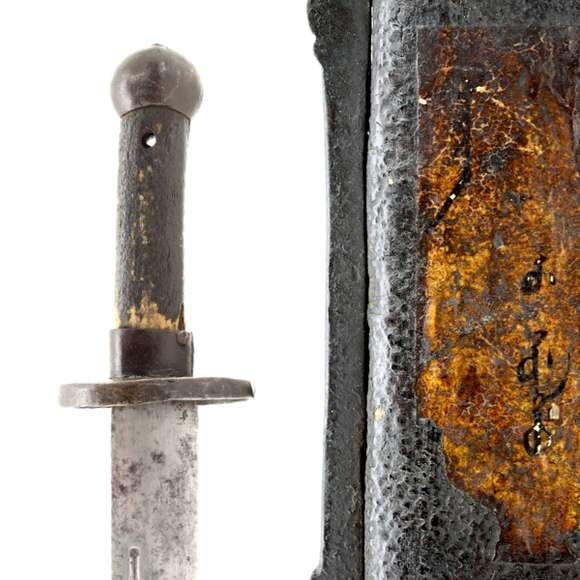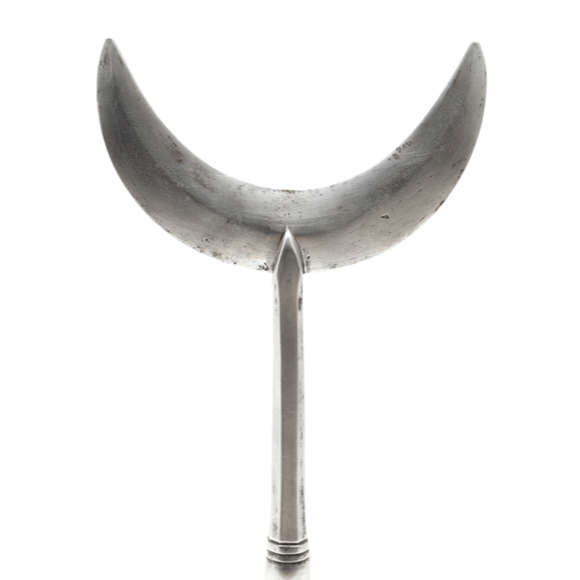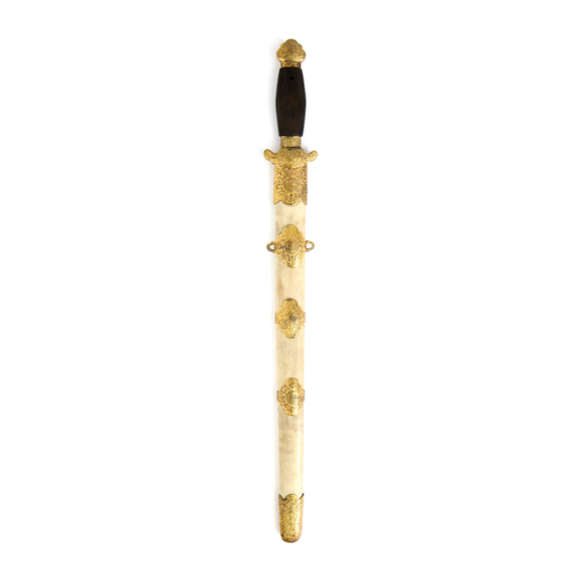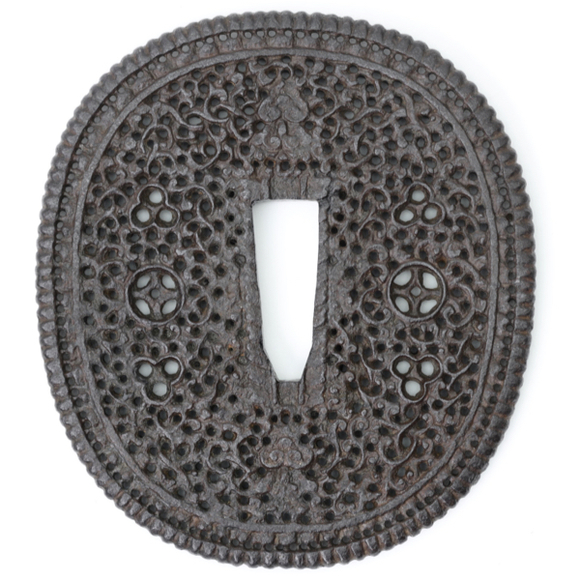Language: Manchu
Origin of term: Classical literature
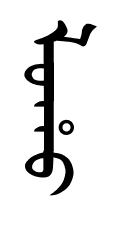
Loho
Description
Loho literally means "saber". According to the Wǔtǐ Qīngwén Jiàn (五體清文鑑) it is synonymous to yāodāo (腰刀) or "waist saber", the standard single-handed saber worn by Manchus and Chinese soldiers.

A typical Chinese loho of the 19th century mounted in fittings for a military officer.
Blade possibly earlier. Sold by Mandarin Mansion in 2016.
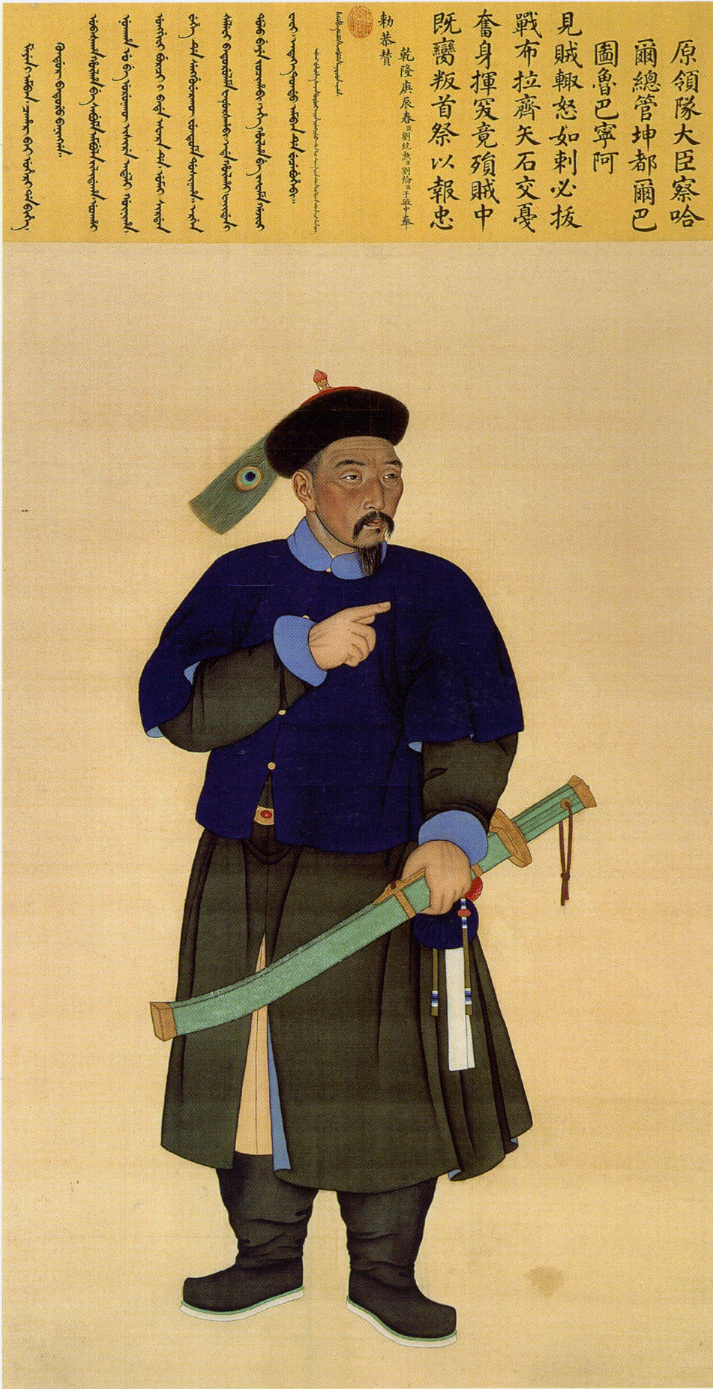
Manchu officer Baningga and his loho, wearing it hilt backward in the Manchu fashion.
Deputy commander of the garrison of Chahar, he lost his life during the battle of Buraci.
Sources
1. Wuti Qingwen Jian (五體清文鑑) or "Five languages compendium", A Qing imperial dictionary in Manchu, Mongolian, Uighur, Tibetan, and Chinese of 1766.

